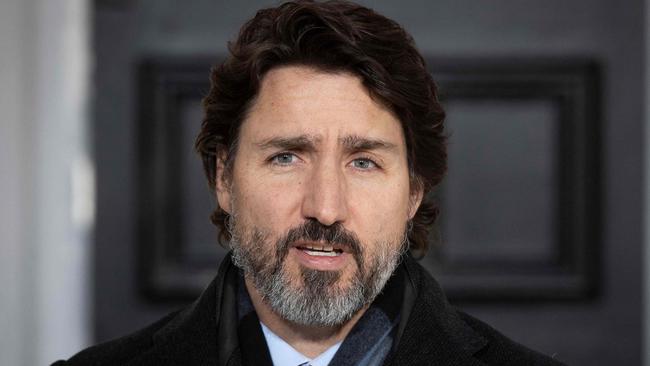
I’ve never taken it to the level of French President Emmanuel Macron, whereby he had his Zoom presentation prerecorded so he could go off and multitask elsewhere. Of course, I can’t compete with the Elysee Palace background, but it’s definitely food for thought.
At last week’s climate summit Zoom-fest organised by newly installed US President Joe Biden — who had to step out for a moment during the course of the proceedings (who can blame him?) — Scott Morrison forgot one of the lessons: unmute when it’s your turn.
But that was OK because apart from our US correspondent, Adam Creighton, who showed admirable patience watching the whole shindig on YouTube, there weren’t too many others who were observing by then.
Anthony Albanese made the snarky point that Australia spoke after Bhutan. (So Bhutan doesn’t matter, Albo?) But, let’s face it, not many people had even got to Bhutan. The Opposition Leader also didn’t mention that China, the world’s biggest climate villain, got to speak first.
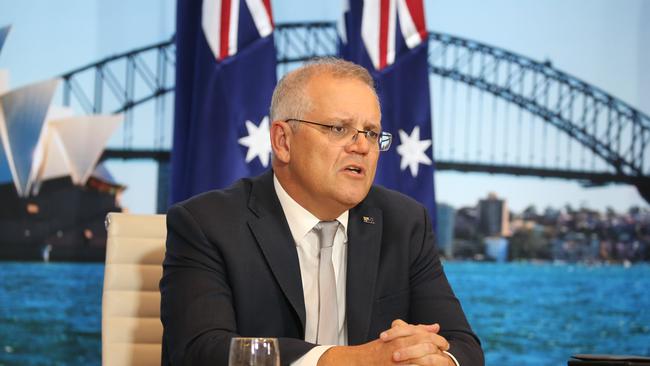
If you watch the ABC or read The Guardian you might be inclined to believe Australia doesn’t have a climate policy, has done nothing on climate change and is now isolated internationally. None of this is true but, these days, the vibe often wins out over the facts, particularly if you live in an inner-city area and have a secure income.
The reality is that Australia has set itself an emissions reduction target to be achieved by 2030 in line with the Paris Agreement. It has met its previous Kyoto Protocol targets. There is an aspiration that net-zero emissions will be achieved by 2050 through technology. Deeds are valued more highly than words by the Morrison government.
Consider the case of Canada, an economy with many similarities with Australia. Prime Minister Justin Trudeau, pin-up boy of the green-left set, has pledged that Canada will reach net-zero emissions by 2050. He even has gone the next step of imposing high and rising carbon taxes that are opposed by the resource-rich provinces.
However, there’s the pesky problem of Canada’s emissions reduction record. The country had to abandon the Kyoto Protocol and since 2005 Canada’s emissions haven’t fallen at all.
These days, Trudeau tries to walk both sides of the street by facilitating some fossil fuel developments while claiming to be a climate champion.
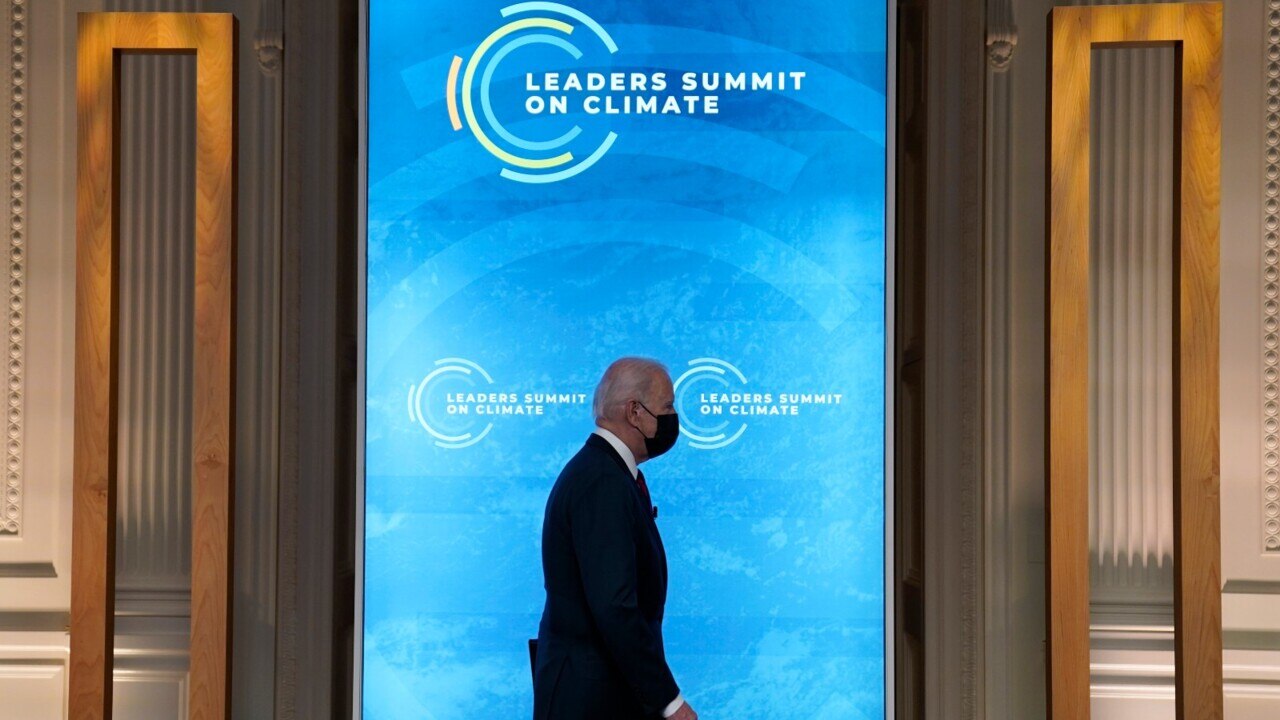
Of course, neither Australia nor Canada really matter. The absolute key to this round of climate negotiations is the relationship between the US and China. It would be nice to get the other two big emitters on board — India and Russia — but this option seems unlikely at this stage.
It’s all about the size of emissions. China is the largest emitter by a country mile, accounting for nearly 30 per cent of the world’s emissions. US climate envoy John Kerry has remarked that “when almost 90 per cent of the planet’s global emissions come from outside of US borders, we could go to zero tomorrow and the problem isn’t solved”.
Now China’s position is that its emissions will stop growing from 2030 and it may reach net-zero emissions by 2060. President Xi Jinping’s position is that, for a declared developing country — pause for laughter here — “the principle of common but differentiated responsibilities must be upheld”. This is code for China’s likely refusal to modify its climate targets. Let’s not overlook here the fact China really can’t credibly claim to be capable of meeting its 2030 commitment given the pace at which coal-fired power stations have been rolled out during the past five or so years.
Between 2015 and 2019 there were 360 new coal-fired plants opened in China and last year alone an additional 38 gigawatts of coal-fired power was added to the grid. (The largest coal-fired plant in Australia is less than 3GW.) Most of these newly constructed plants in China will have lifespans of 30 to 50 years.
There are also the 240 recently constructed coal-fired plants in Asia and Africa funded under China’s Belt and Road Initiative.
Kerry recently met Chinese climate envoy Xie Zhenhua to nut out a deal of sorts. The joint statement read that the two countries “are committed to co-operating with each other and with other countries to tackle the climate crisis”. But apart from agreeing to provide financial assistance to developing countries and working together on new technologies, nothing concrete emerged from the meeting.
Now any sane observer of this situation would conclude that the efforts of developed countries, including Australia, could easily be for naught given China’s likely intransigence in relation to undertaking any significant emissions reduction actions that would curtail its economic growth.
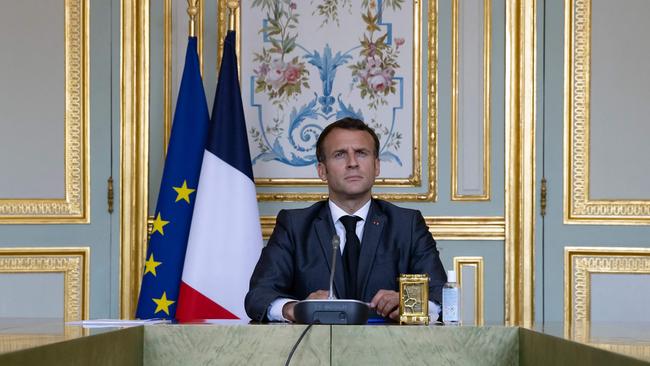
Where does this leave Australia? The short answer is as a bit player, as it always was, although our technology approach has several important supporters around the world.
In the meantime, Labor has quietly inched towards accepting the government’s climate policy with only slight differentiation in its policy offerings. The 45 per cent cut to emissions by 2030 has now been dropped. There’s no more talk of 50 per cent of vehicle sales being electric by 2030.
Labor is embracing the role of gas in energy generation and grudgingly has accepted that coal will continue to be mined and exported in Australia for many years to come.
To be sure, Labor has committed to net-zero emission by 2050 and bangs on about the role renewable energy can play in generating jobs. (Care is required here: that’s not the international experience.)
But it really is only a difference of emphasis between Labor and the government at this stage. Of course, Labor might go full green-left in office (a carbon tax, anyone?), but that would carry its own dangers.



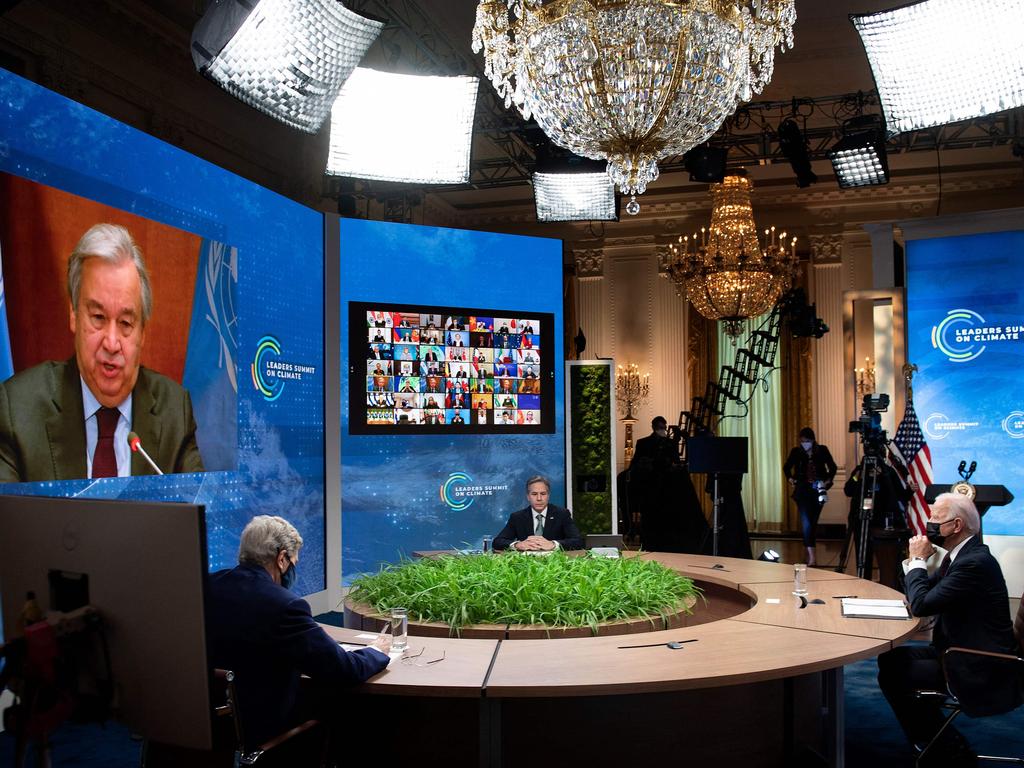
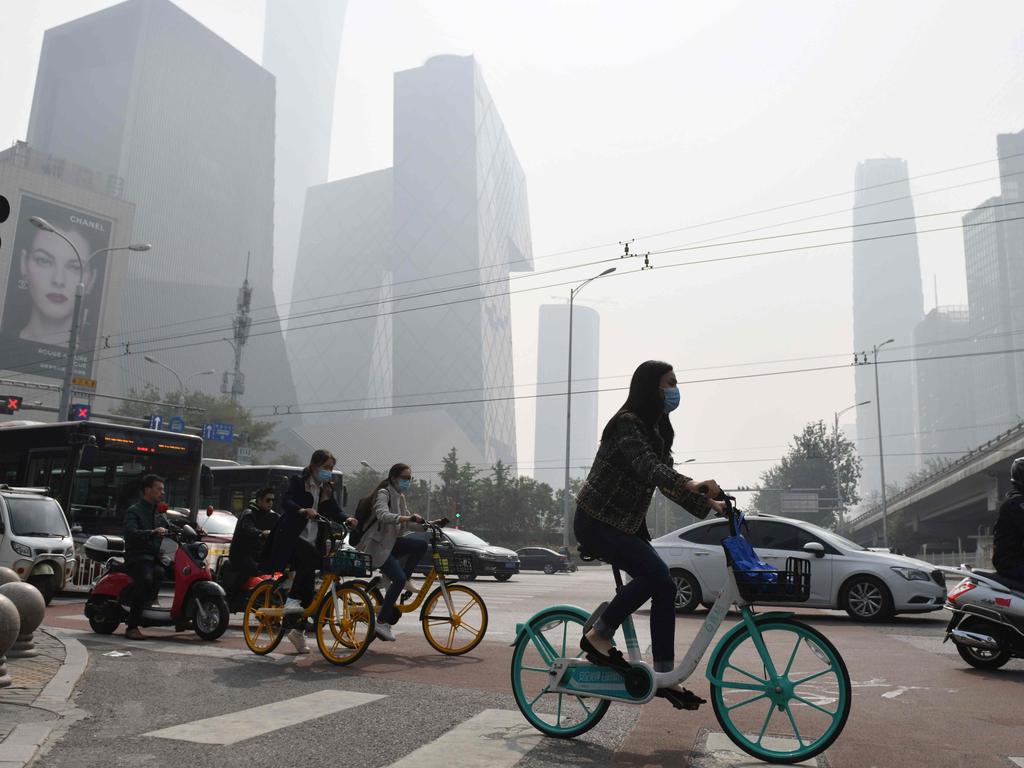
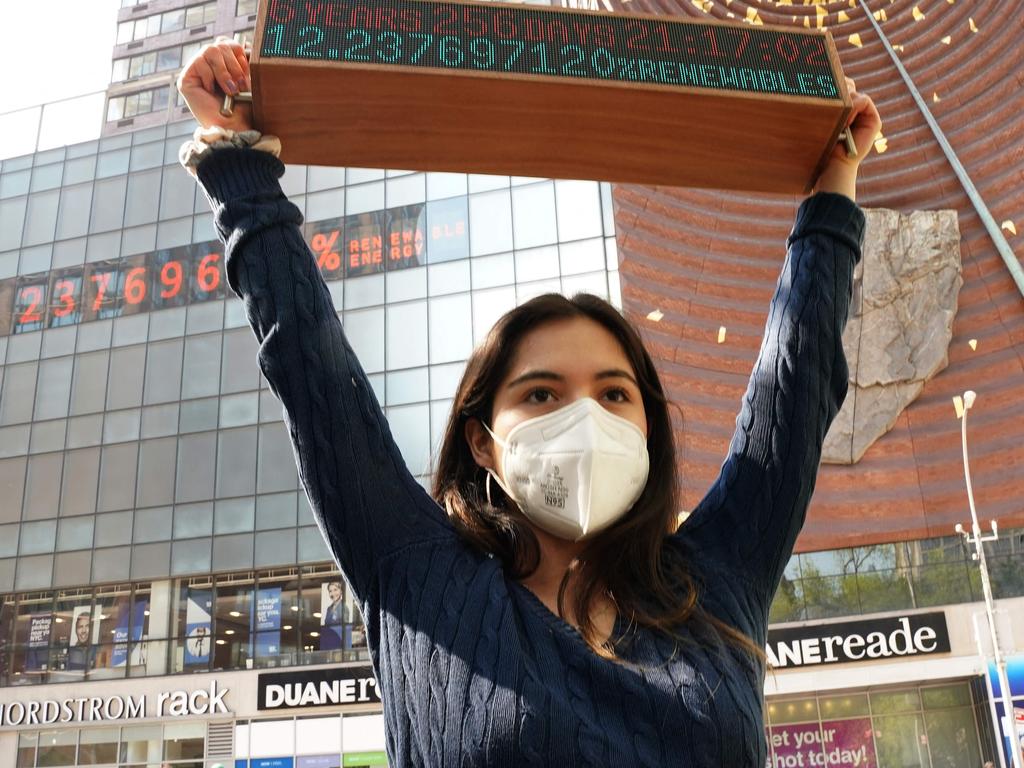
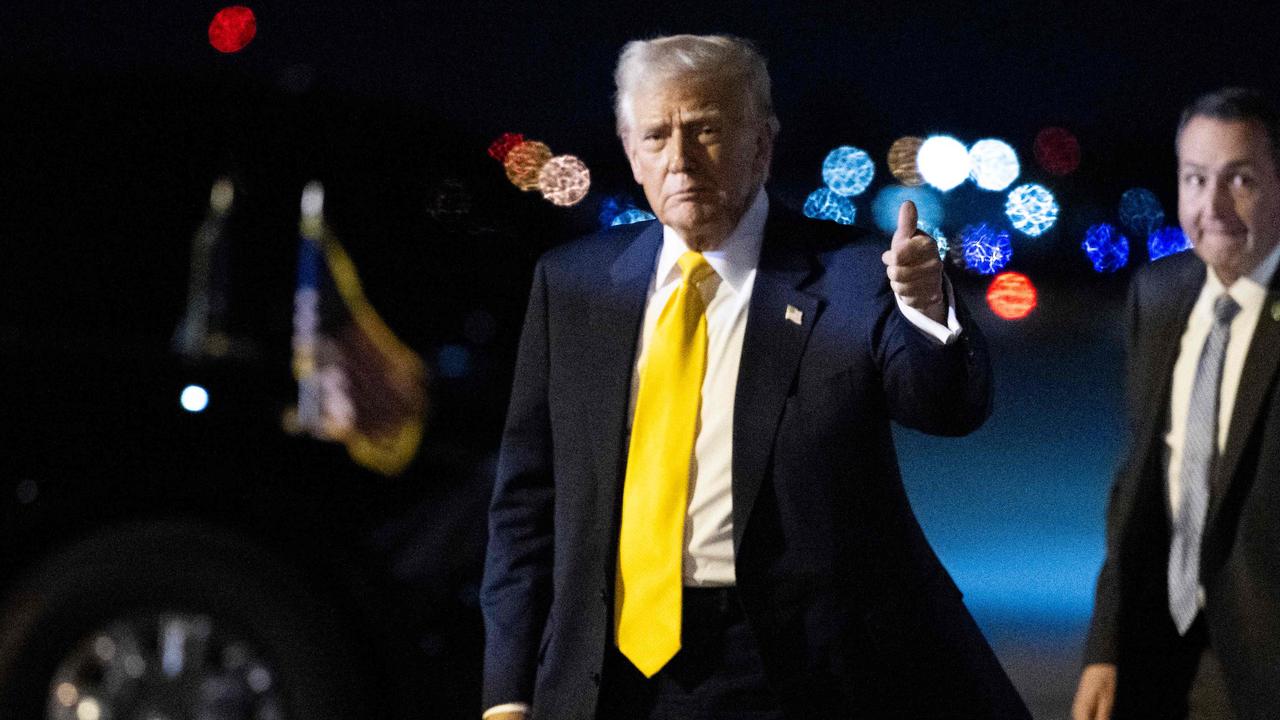
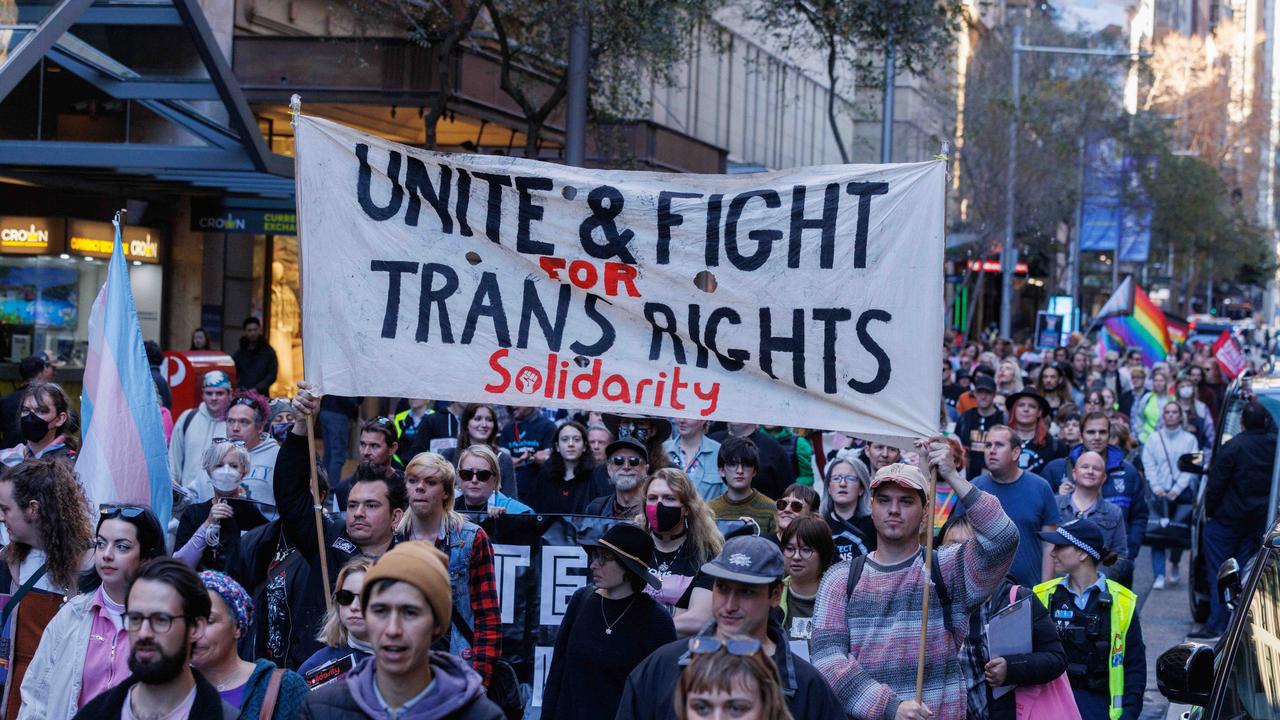
As a self-respecting, multitasking woman, I just love a Zoom conference. It’s possible to get so much done apart from listening to the other participants drone on about whatever. When it comes to my turn to speak, I’m careful to hide my pyjama bottoms, turn off the mute button, and make my remarks snappy and to the point. I can then resume multitasking.